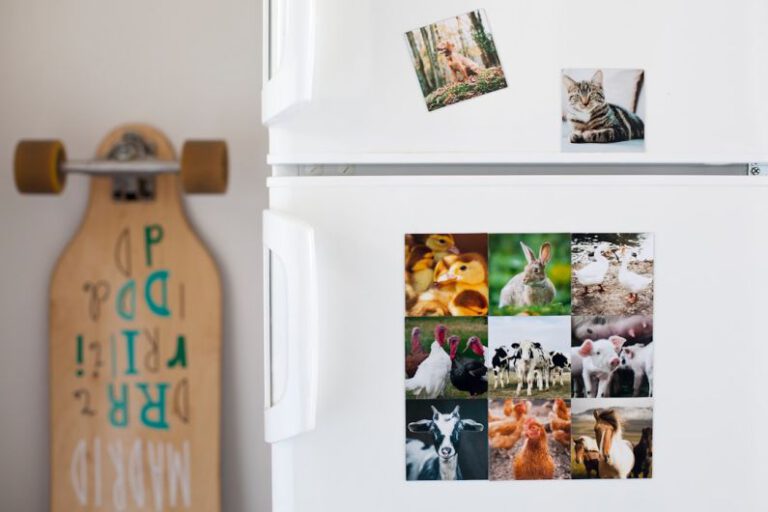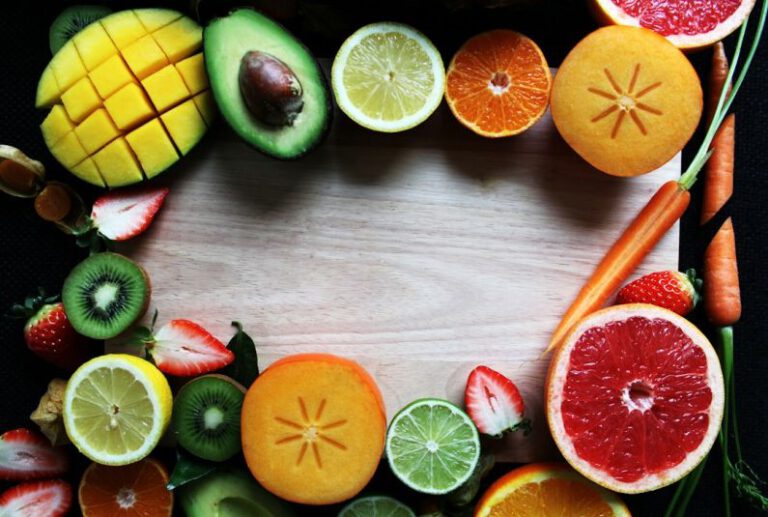Reducing Waste with Smart Leftover Storage
We all know the feeling of opening our refrigerator only to be met with a collection of half-empty containers and forgotten leftovers. It’s a frustrating sight, and it often leads to food waste. However, with the right strategies and tools, we can reduce waste and make the most of our leftovers. In this article, we will explore the concept of smart leftover storage and how it can help us minimize waste in our kitchens.
Maximizing Shelf Life with Proper Storage Techniques
Properly storing leftovers is crucial to extending their shelf life and reducing waste. One of the most important aspects of smart leftover storage is temperature control. Leftovers should be cooled quickly and then stored in the refrigerator at a temperature below 40°F (4°C) to inhibit the growth of bacteria. Investing in a reliable food thermometer can help ensure that your refrigerator is set to the optimal temperature.
Another key aspect of smart leftover storage is using the right containers. Airtight containers or resealable bags are ideal for storing leftovers as they help maintain freshness and prevent odors from spreading to other items in the refrigerator. Glass containers are also a great option as they are durable, microwave-safe, and can be easily stacked to save space.
Labeling and Organizing for Easy Access
Keeping your leftovers organized is essential for reducing waste. One effective strategy is to label your containers with the date and contents of the leftovers. This way, you can easily identify what needs to be consumed first, ensuring that nothing gets forgotten in the back of the fridge.
Consider designating a specific area in your refrigerator for leftovers. This can be a designated shelf or a labeled container. By doing so, you will be able to quickly locate your leftovers and avoid them getting pushed to the back, where they may be overlooked and eventually wasted.
Repurposing Leftovers into New Meals
Repurposing leftovers is not only a great way to reduce waste but also an opportunity to get creative in the kitchen. Leftover roasted chicken can be transformed into a flavorful chicken salad, while yesterday’s stir-fry can be turned into a delicious fried rice. The possibilities are endless, and repurposing leftovers allows you to enjoy a variety of meals without feeling like you’re eating the same thing over and over again.
Planning and Portion Control
Reducing waste starts with mindful meal planning and portion control. By planning your meals in advance, you can better estimate the quantities you need, which can help minimize leftovers. Additionally, being mindful of portion sizes when serving meals can also prevent excess food from ending up in the trash.
Conclusion: Embracing Smart Leftover Storage for a Greener Kitchen
Smart leftover storage is a simple yet effective way to reduce waste in our kitchens. By properly storing and organizing our leftovers, we can extend their shelf life and ensure they are consumed before they spoil. Repurposing leftovers into new meals allows for culinary creativity while minimizing waste. By embracing these strategies and incorporating them into our daily routines, we can create a greener, more sustainable kitchen and make a positive impact on the environment. So, let’s say goodbye to wasted leftovers and hello to a more mindful approach to food storage.






